For two years, Minnie Dlamini and our Editor-in-Chief, Bonnie Meslane, circled the idea of a cover story. The timing never seemed to align, until now. Two months ago, they revisited the conversation, and here we are: an extraordinary piece of work, paired with a deeply personal interview led by her cousin, broadcaster Mthokozisi “MaBlerh” Cele. Minnie Dlamini, on her own terms.
It’s a blazing Johannesburg afternoon in Randburg when we meet. Sunlight cuts through blinds and scrims, turning the studio into a stage. Photographer Austin Malema lifts his camera, and the room leans in. Minnie walks in denim shorts, black top, fresh-faced, long weave tumbling ready to shoot. No theatrics, no entourage, just crisp professionalism. Fifteen years in, the muscle memory shows. She knows the rhythm. She knows the game.
What makes this cover significant isn’t just visibility, but authorship. Minnie doesn’t only appear on screens; she shapes what gets there. Presenter, actor, producer, entrepreneur, she sits at the intersection of creativity and governance, where briefs become broadcasts and a well-placed “no” protects the standard. “I knew I was going to be great,” she recalls. “After I won Live, I was going to take that opportunity and run with it.”
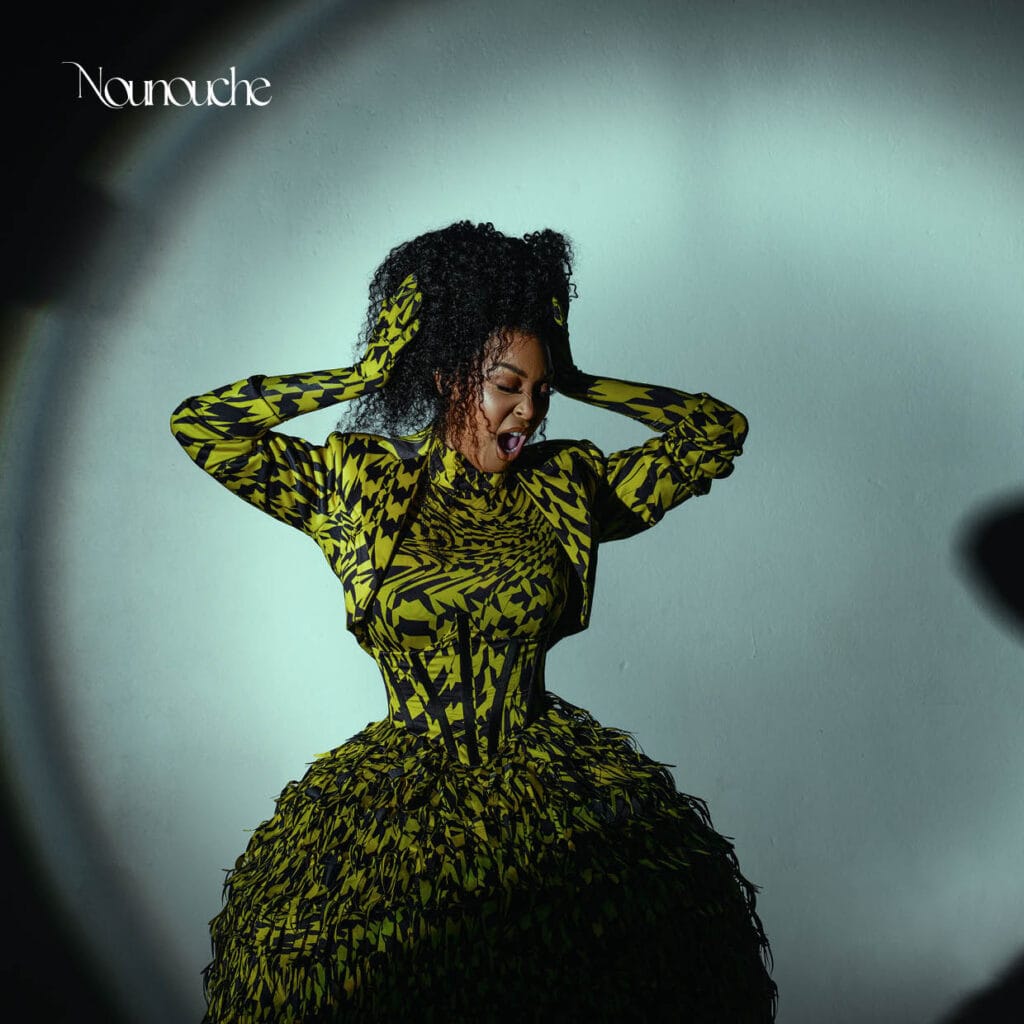
MaBlerh, not only her cousin but her former manager, is the one person who can push her without breaking trust. He starts the conversation with an origin story: “The year is 2010. There’s this girl at UCT, studying media, but the TV bug bites.” Minnie laughs. She remembers those days of juggling coursework with auditions. “One of my first assignments was to curate a tweet for a brand,” she says. “Now I literally curate campaigns for some of the biggest global brands.” Would she ever go back and finish her degree? “I’m waiting for that honorary doctorate,” she teases.
Her first national beat was Live, where she began reporting from music events before joining Sizwe Dhlomo and Bonang Matheba in-studio. “They said two girls couldn’t co-host, so they put me on the streets,” she remembers. “But fans demanded that I stay in the studio. That changed everything.” She laughs about once being called “the twitterceptionist,” but the lesson stuck: every breakthrough demands a new version of herself.
Mentorship sharpened her craft. “Bonang and Sizwe forced me to step up, be more composed, cleaner, sharper,” she reflects. “I’m the presenter I am today because of them.” The fame came fast, the scrutiny faster. “She’s just a pretty girl, give her six months,” critics said. Minnie smiles. “Fifteen years later, I’m still here.”
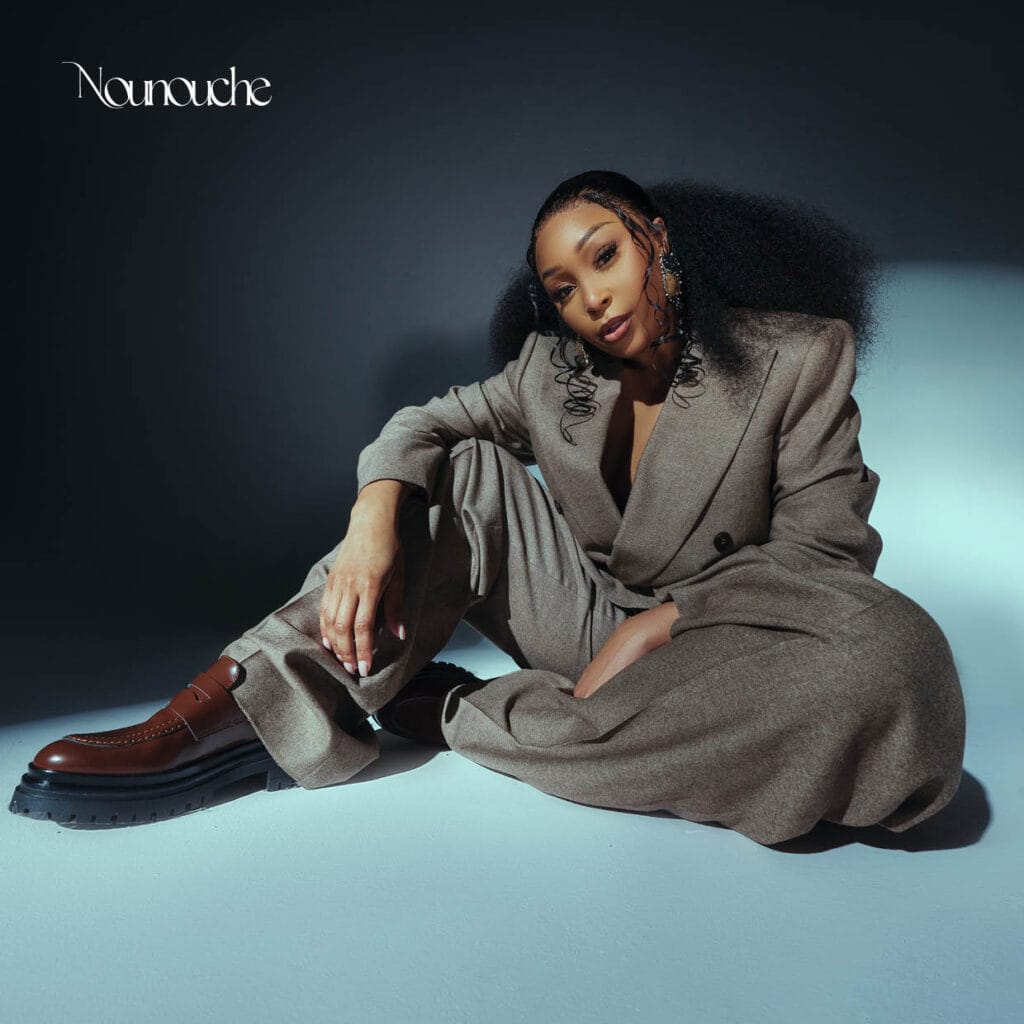
Her apprenticeship extended into acting, with roles in Generations, The Wild, and Rockville. “My dream was to play Connie Ferguson’s daughter,” Minnie recalls. “That set taught me the art of television. It lit the path to producing. If you can help make a scene, you can help make the system.”
Then came the pivot: sport. Minnie grew up athletic, so sports broadcasting was a natural fit. After training with SuperSport, she joined SABC’s SoccerZone and later hosted Homeground with Lungile Radu. She laughs at how she insisted on full glam. “I was the first woman on the pitch in heels. People doubted me, but I knew my stuff. A producer will only produce you at the level they perceive your capability so redefine that by asserting what you’ve researched ,what you know, and what you want to say as a presenter especially in sport.” The backlash didn’t deter her. Instead, it became her thesis: research beats noise, and style is not the opposite of substance. “That era changed the game for me, and for women who came after.”
The frame widened globally. Hosting Love Never Lies on Netflix introduced her to international audiences. Suddenly, she was walking junkets with global stars and entering rooms that once felt out of reach. But she never bought into the “Hollywood or bust” narrative. “I was told to leave everything and fund six months of auditions in the U.S.,” she says. “But the continent is hot. Opportunities are here, in Nigeria, in Kenya, in South Africa. My strategy was always Africa-first, then outward.”
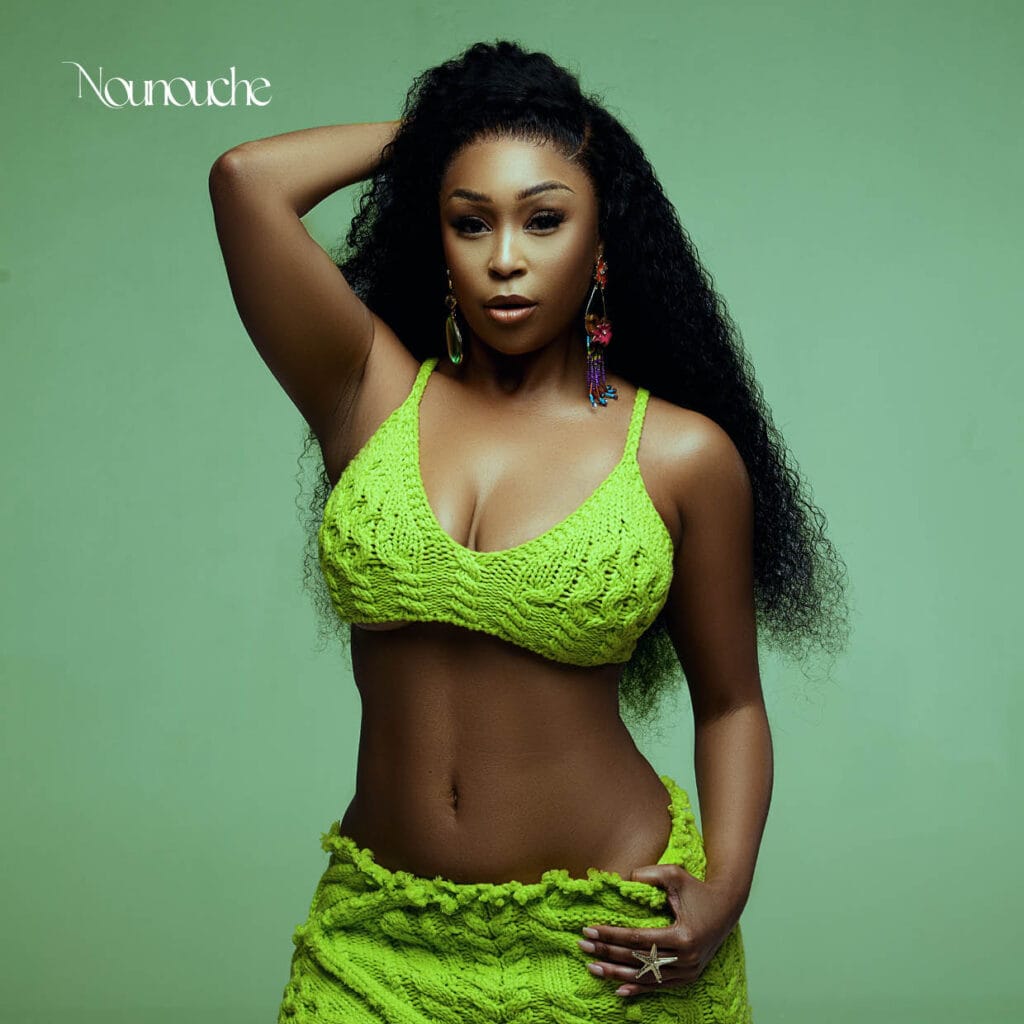
Her vision is expansive, not escapist. “We haven’t made it because Hollywood says so. We’ve made it when excellence built here travels globally,” she says. Awards followed — including the Forbes Women Africa Excellence in Entertainment Award, but what excites her most is building industries at home. “Imagine the best of Nigeria’s audiences with the best of South Africa’s infrastructure. That’s the dream.”
Because MaBlerh is family, he leads her gently into the vulnerable parts. The whirlwind marriage. The equally swift divorce. “Someone asked, and I said yes,” she shrugs. It didn’t last, but something life-changing did. “Motherhood. I love being a mom. Right now, my focus is my child, my businesses, and my career. I won’t have another child unless I’m married again.”
In love, she’s direct. “I’m always open. I’m a hopeless romantic. I get my heart broken all the time because I love too hard.” What complicates things is clear-eyed to her: “My career is intimidating. Many think they can handle me. They can’t.” Her criteria? Secure. Self-sufficient. Unmoved by noise. “If I’m going to be in a relationship again, I need to be led. Period.”
Scrutiny is part of the deal, but she doesn’t romanticize it. “We signed up for this, but it doesn’t mean we like it. It’s uncomfortable, and sometimes it gets out of hand.” Privacy is her armor. “For someone who didn’t sign up for this world, suddenly being dragged into it… it’s unfair. People think they can handle the attention until they’re in it. That’s why I guard my private life.”
The woman who sits before us has rebuilt her rhythm around school pick-ups and global campaigns. She laughs easily when her cousin teases her, but she also checks him when he pushes too far. She’s the pro who once heard “heels aren’t allowed” on the pitch, and smiled, knowing she wasn’t there to blend in but to change the game. She’s taken the sting of headlines and turned them into standards, pivoted without flinching, and kept her father’s lessons close: punctual, prepared, unshakable.
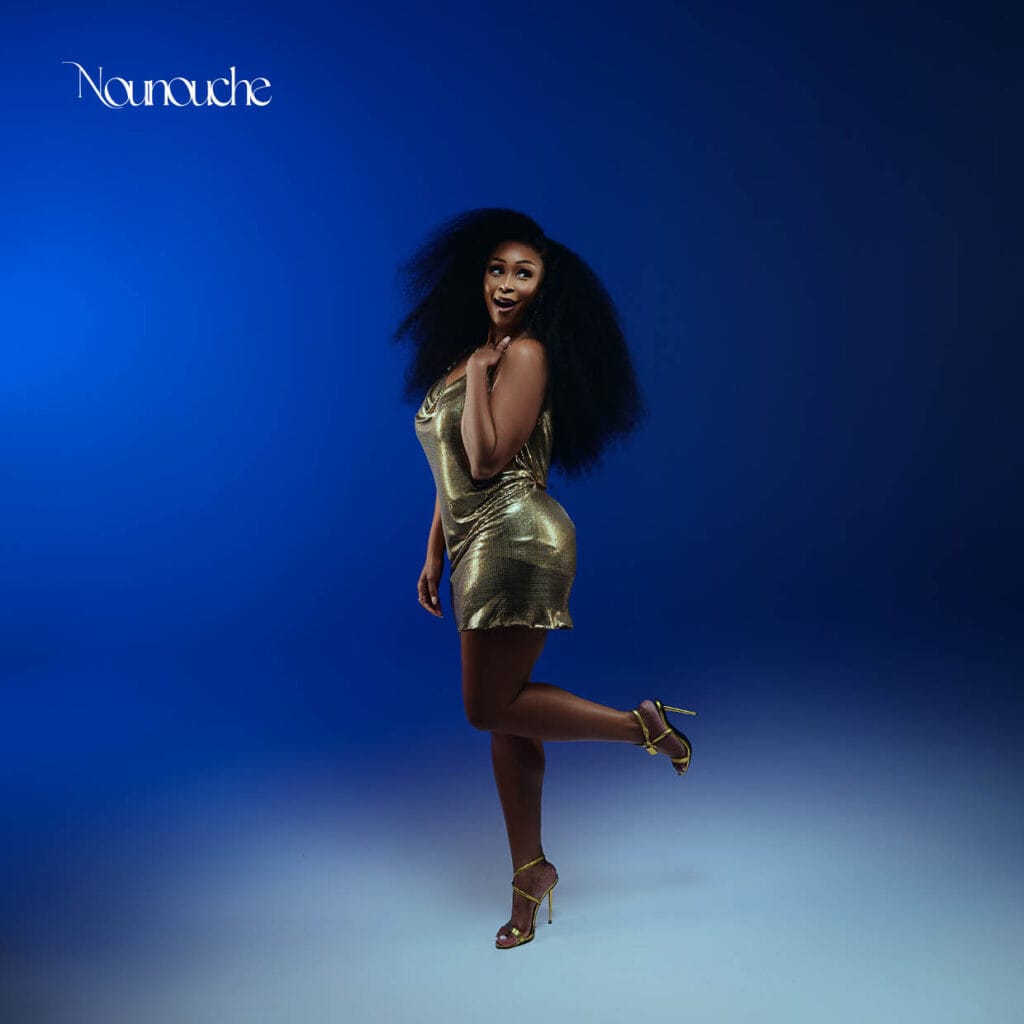
If you’ve admired her, doubted her, argued with her, defended her, come closer. See the executive who runs the room, the mother who makes space for joy, the artist who chooses home not as retreat, but as strategy. And then hear what she hears at every milestone, the two words that feel both blessing and challenge, spoken now by her cousin, echoing her father:
“uyindoda emadodeni!” (you’re a man among men)
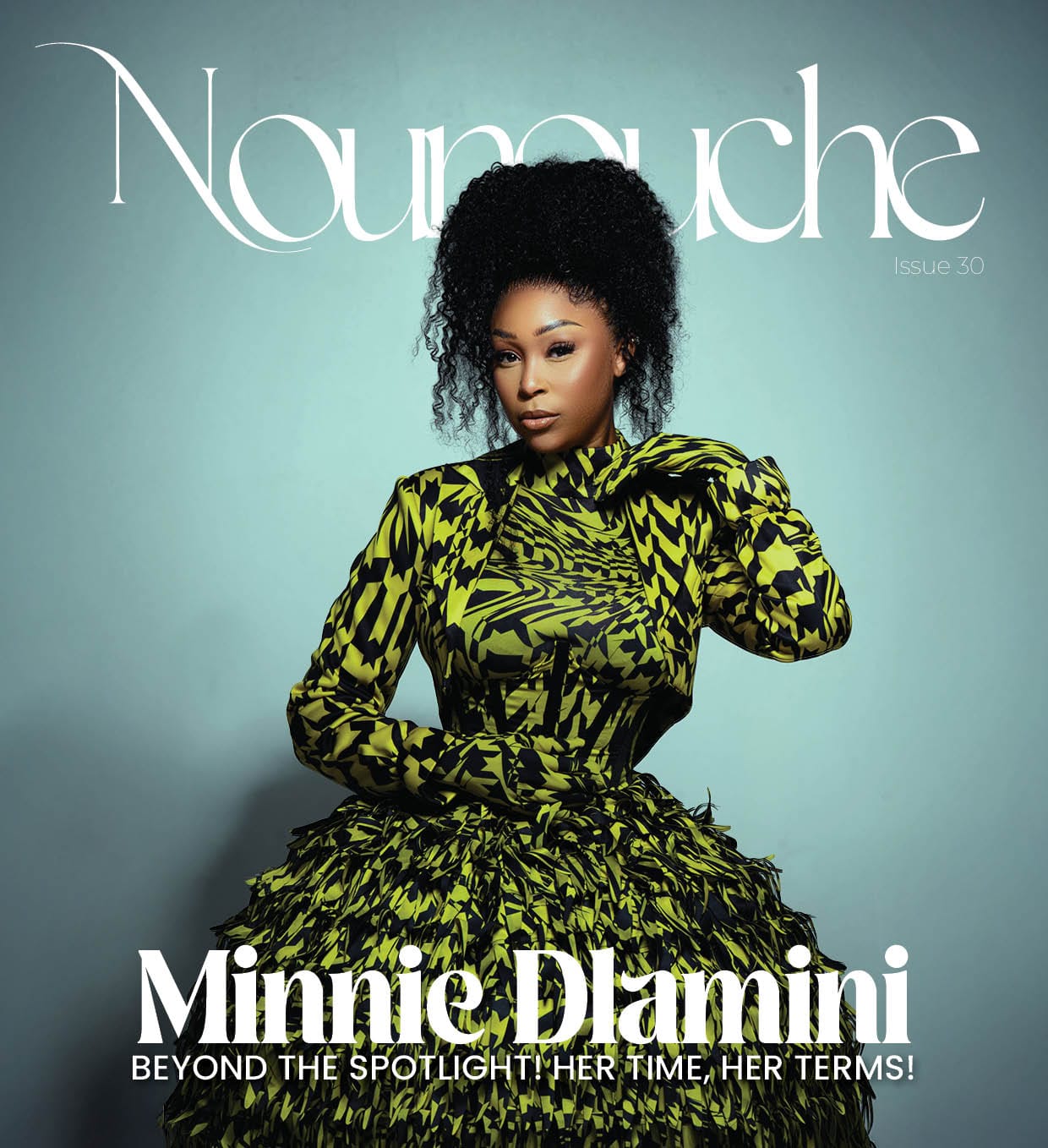
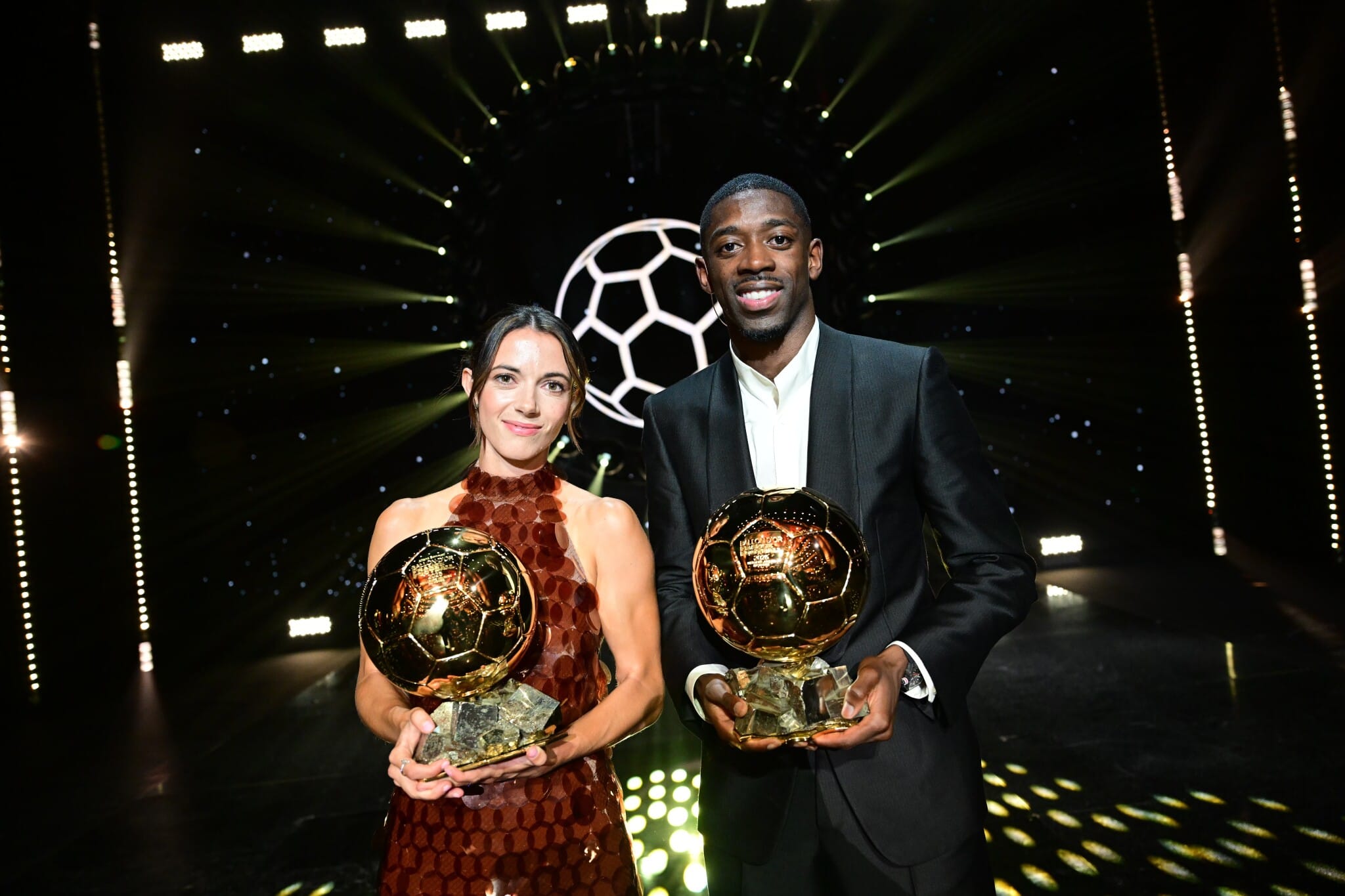



No Comments